EXERCISE
WHY EXERCISE?
Being physically active means sitting down less and moving our bodies more. Many people find that physical activity helps them maintain positive mental health, either on its own or in combination with other treatments.
Exercise helps improve all aspects of your health and with some simple steps, you can use exercise to improve your mood, physical health and academic learning.
Not only does exercise boost your immune system, but it can also be more effective than medication when it comes to pain relief, reducing stress and anxiety and improving mood. It can improve sleep, encourage routine and increase your sense of connectedness.
It can reduce your risk of major illnesses, such as coronary heart disease, stroke, type 2 diabetes and cancer and lower your risk of early death by up to 30%.
HOW TO GET STARTED?
For most people, the easiest way to get moving is to make activity part of everyday life, like walking for health or cycling instead of using the car to get around. However, the more you do, the better, and taking part in activities such as sports and exercise will make you even healthier.
For any type of activity to benefit your health, you need to be moving quick enough to raise your heart rate, breathe faster and feel warmer. This level of effort is called moderate intensity activity. If you're working at a moderate intensity you should still be able to talk but you won't be able to sing the words to a song.
Regular exercise is an important part of a healthy lifestyle. But athletes may strive to exercise more and more to improve their sports performance. Personal goals, coaches, teammates, or parents may pressure athletes to push themselves too far.
KEEP YOUR BALANCE!
Compulsive exercising and eating disorders often happen together. Someone with an eating disorder also may work out excessively to lose weight. Someone with bulimia may use exercise as a way to compensate for binge eating.
Some people believe they can achieve an impossible ideal body type if they keep exercising.
WHAT CAN HELP?
'Self-help' tips don't solve the issue. However, they can help you/others feel more in control when experiencing strong emotions.
If you find that 'self-help' isn't enough, consider reaching out to a counsellor or your GP for help managing overwhelming emotions.
01
Make small changes, doing too much too soon can be overwhelming. Small steps.
02
Do something you enjoy, there are lots of fun alternative ways to exercise and can even be a good social thing to do with friends.
03
Plan. Make sure you give yourself exercise time each week.
04
Some evidence suggests being outdoors improves a person's mood. Try to exercise outdoors as this may be beneficial to your wellbeing. Even going for a walk can help clear the mind and improve mood.
05
To stay fit and healthy, it's recommended you get at least 150 minutes of moderate physical activity a week, or around 20 to 30 minutes a day
06
Get into a good habit. Set a reminder (you could use the alarm or timer on your phone) to get up and move every 30 minutes during the day. Try stretching during TV ad breaks or pacing around the kitchen while the kettle's boiling.
07
If your friends and family want to be more active too, try engaging everyone's competitive side with activity challenges like seeing who can do the most steps in a day.
08
Set yourself activity goals and rewards. You could go for a long walk then treat yourself to an episode of your favourite TV show!
EXTERNAL INFORMATION, SUPPORT AND ADVICE






















































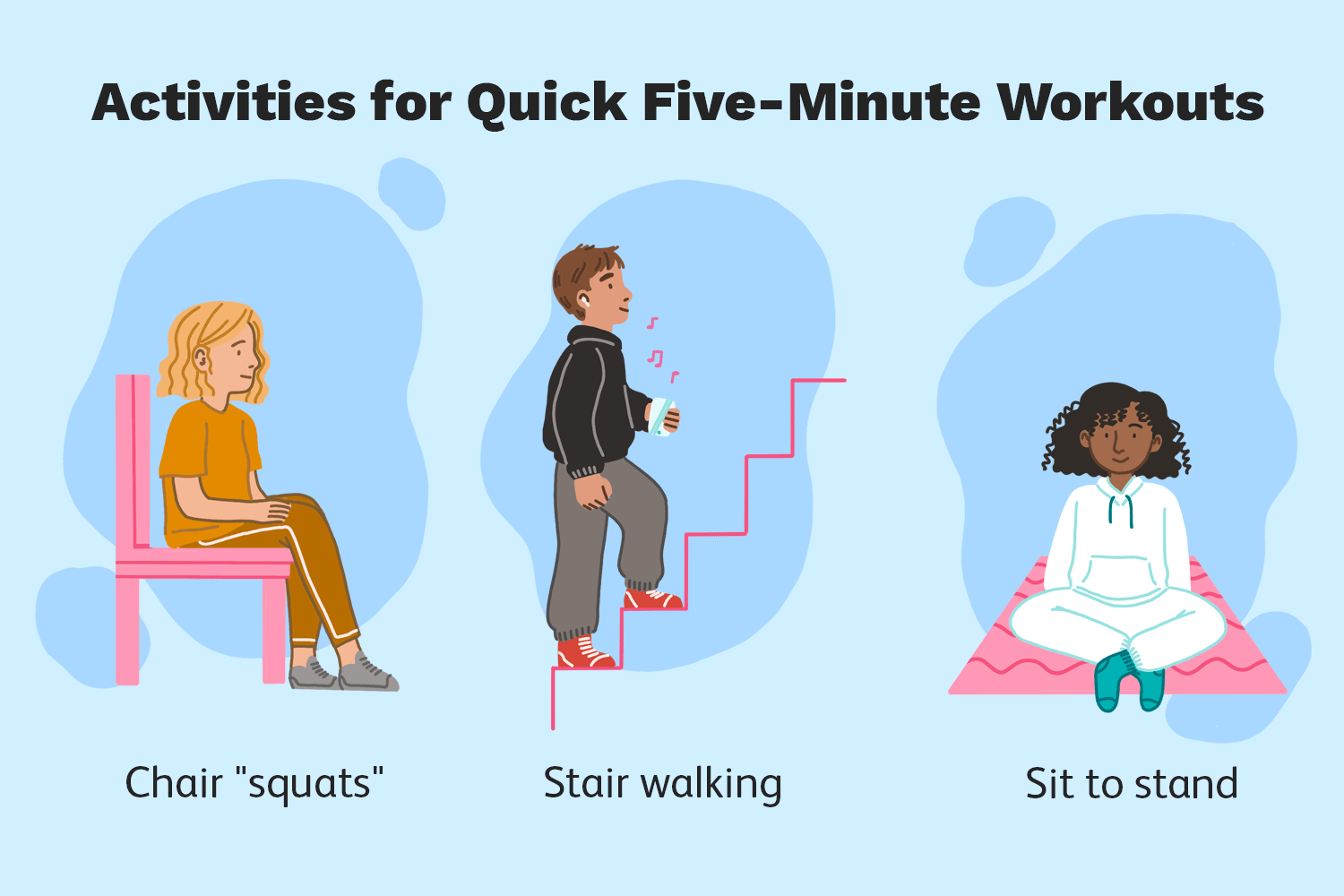 |  |  |
|---|---|---|
 |  |  |
 |  | 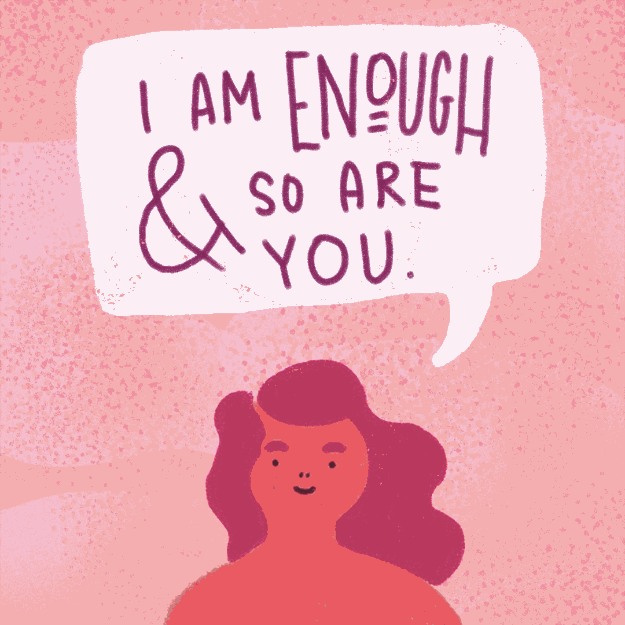 |
 |  |  |
 | 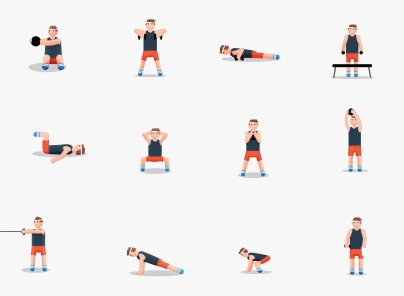 |  |
 |  |  |
 |  |  |
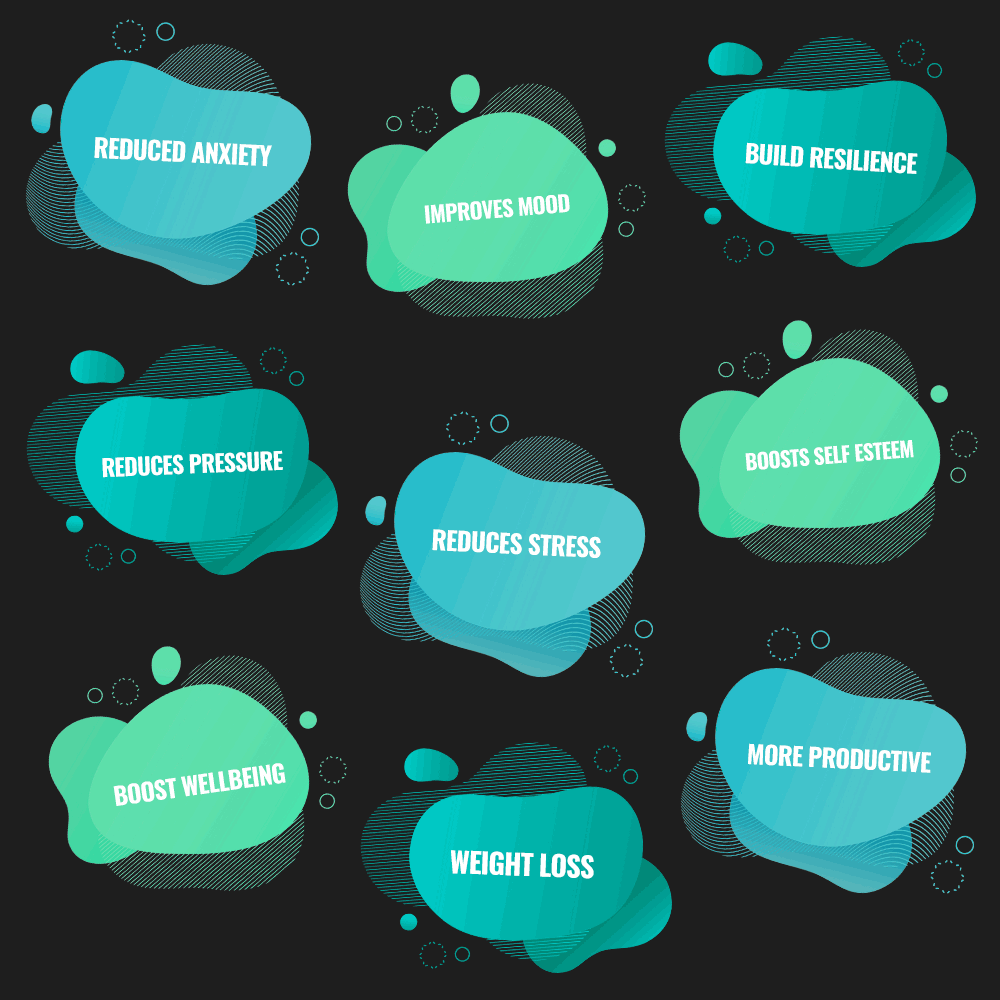 |  |  |
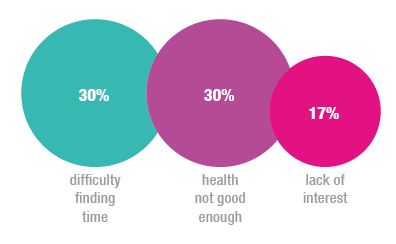 |  |  |
 |  |  |
 |  |  |
 |  |  |
 |  | 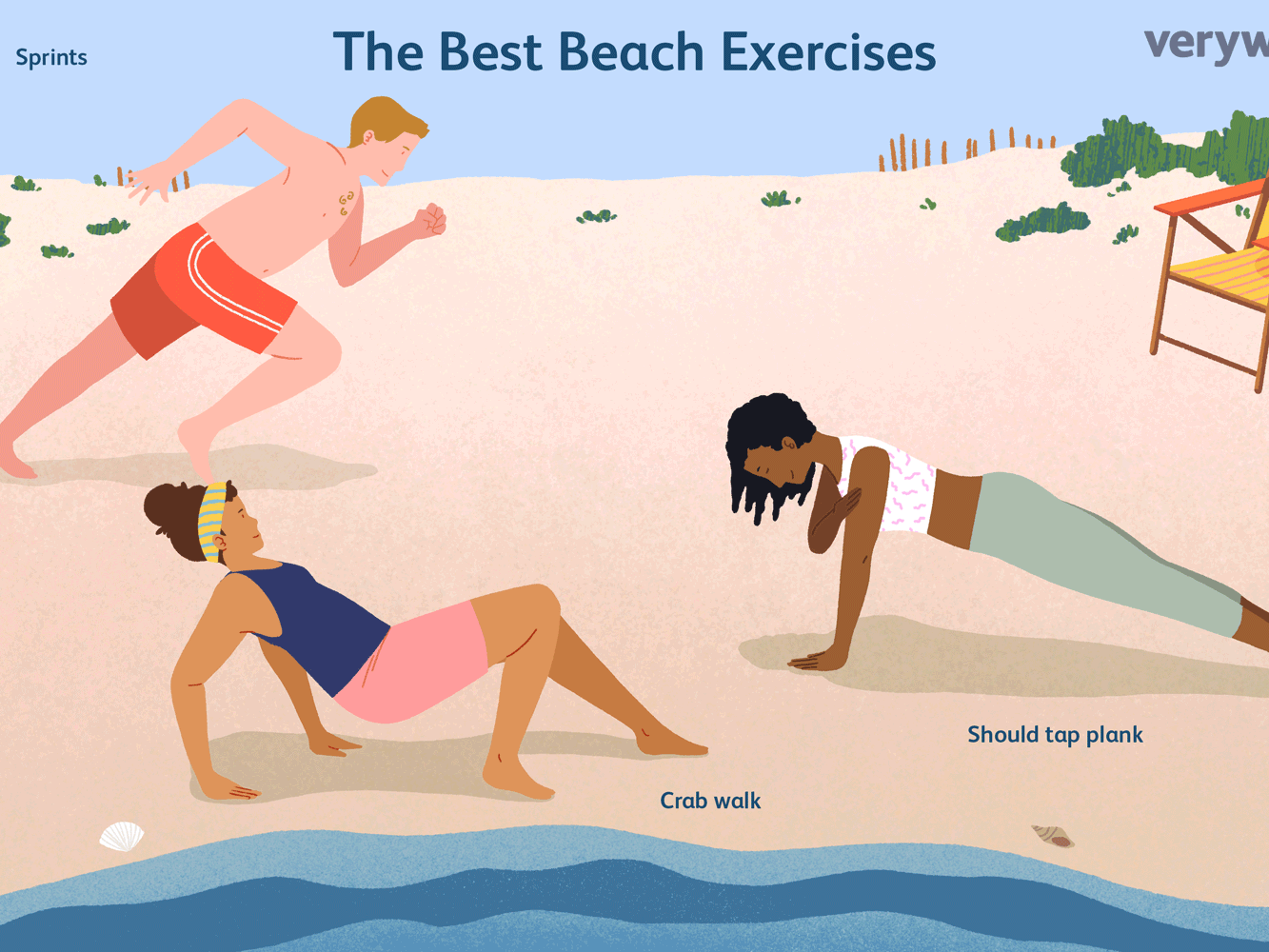 |
 |  | 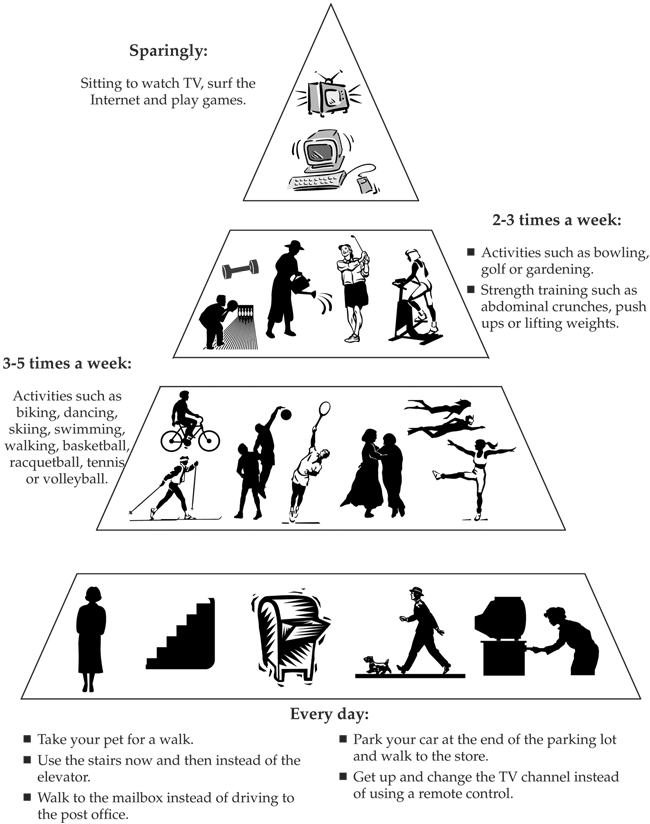 |
 |  |  |
 |

